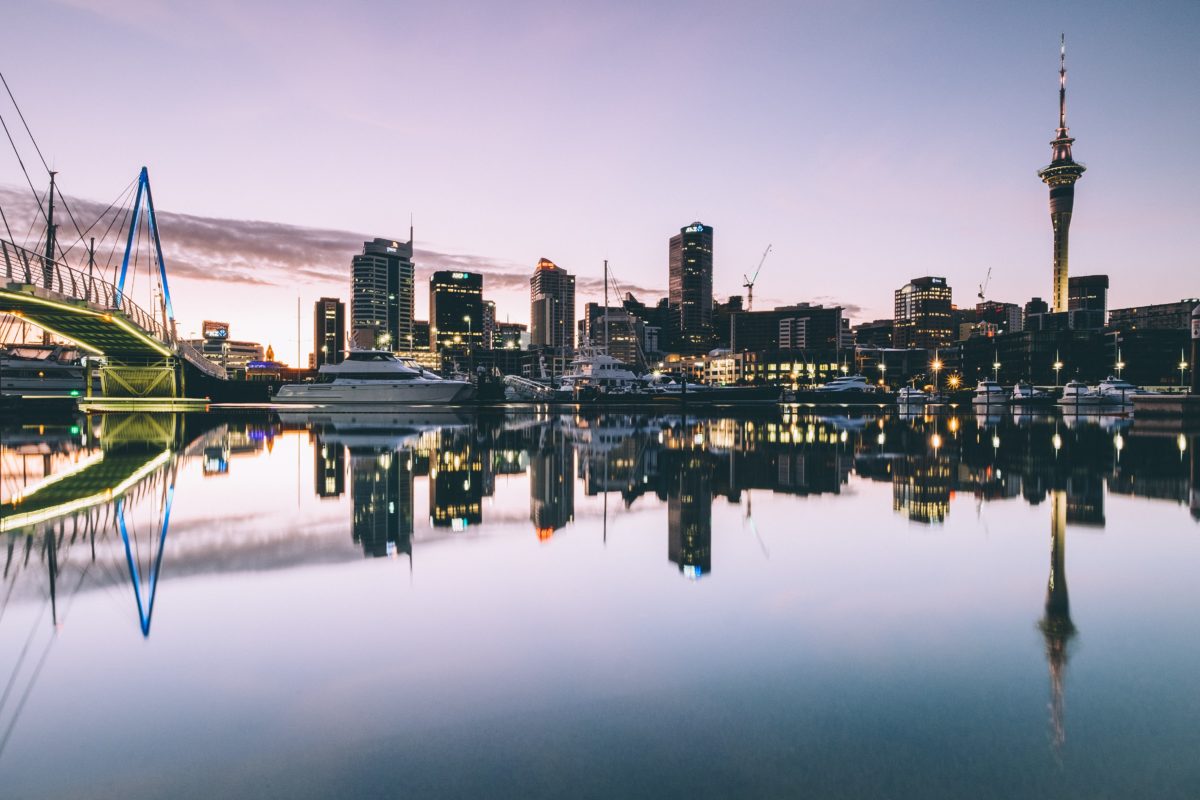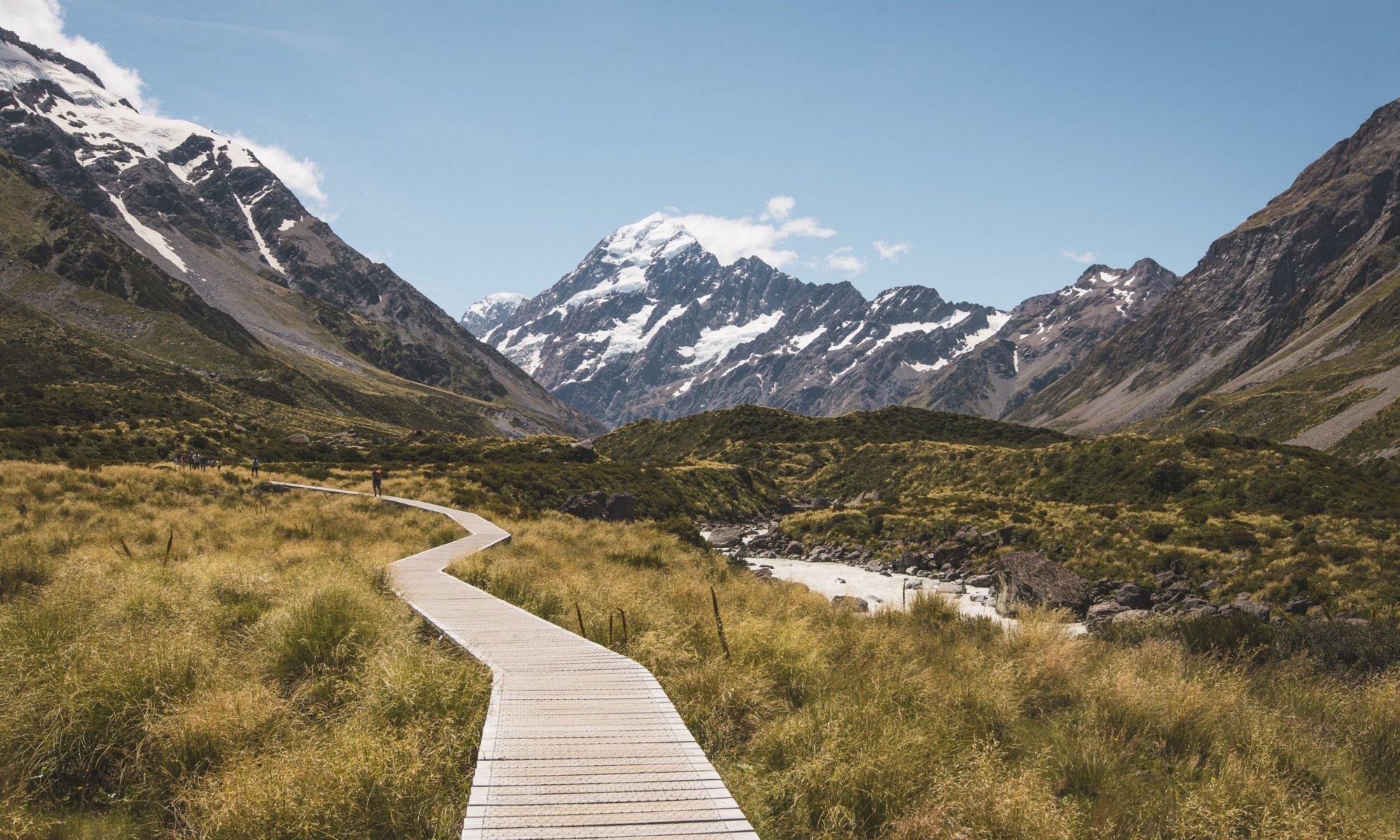Tourism operators in New Zealand and around the world are no strangers to turbulent times. With the recent global impact on the travel industry, we are finding new ways to adapt to our ‘new normal’. We have put together the 5 top ways for operators to tackle adversity now and in the future. Let’s use this time to come together with others in the industry to share ideas, support each other and grow stronger.
We may not be able to stop the virus, but we can find new ways to adapt. There are going to be many changes to how tourism operates, and this is the time to optimise and grow with the change.
1. Give reassurance to future customers
People around the world are going to be re-evaluating how they travel and will factor in the risks they will be taking by doing so. A big uncertainty of customers making a booking is going to be cancellation policies. It will be hard for customers to make advance purchases if they are unsure whether they will get their money back or not.
This is a good time to ensure your cancellation policies are very clear in stating a policy around COVID-19. This will help reassure them their money isn’t on the line and they will have confidence to book your product.
Offer flexible booking options, so customers know that if they book for a certain date, they will be able to change it without cost. This can be detailed in your terms & conditions, cancellation policy and confirmation emails. Customers during this time will be more likely to book if they know they have some back- up options in case they aren’t able to travel.
Look at increasing long term availability, so if customers need to reschedule, they have confidence in seeing this future availability. It will also be quick and easy for your reservations team to change.

2. Take this time to revamp your company
With a little extra down time, this is a great opportunity to dig deep into the projects you have been putting off for the past year. If you haven’t already, prioritise a list you want to accomplish before your doors open again.
This could be working on marketing enhancements such as website content, branding, customer communications, editing review and OTA site listing details & photos and reshaping your marketing strategies. Looking at improvements with operational processes, finance processes, internal documentation and cleaning up your IBIS booking platform are also good projects to work on. This is a time to be proactive instead of reactive.
Invest in your business during the down times to watch it flourish during the busy times. Now is not a time to sit back and worry; it is a time to grow your business. Tourism will bounce back from this, hopefully stronger than before. Be ready for it. Create more efficient processes to be ready for the potential surge in tourism in New Zealand.
3. Divert marketing strategies to local and domestic markets
With the uncertainty of when international borders will open back up, focus on the local and domestic markets that you know can travel. Tourism New Zealand is planning for the future of tourism, and you should be too! Start to have a look at the demographics of customers over the past year, this will give you insight to where your customers are coming from. IBIS online reports can be extremely helpful in this instance as you can really drill into your reporting to extract this information.
Use this time to get the local and regional markets on board with what you have to offer. Start to gear your tours and experiences toward them; create something you know they will enjoy. Just like everyone else, locals have been stuck at home for weeks as well. Give them a reason to get out and enjoy our beautiful backyard and invest in you.
Ways to get locals on board:
- You mostly likely live in the area where you work, so you will have the best knowledge on what the locals enjoy! Tap into that insider knowledge and bring those ideas to your business.
- Adapt your tours around working hours to make late afternoon, evening and weekend tours more appealing.
- Family-friendly tours are going to be important; start to look at creating family packages and market for a family experience.
- Support other local operators and businesses; there is nothing better than spreading the love in the community and knowing you are all there for each other.

4. Utilise your booking platform and other online platforms
Now is the time to really get a handle on your booking platform, and ways you can utilise it to increase revenue. Right now, most will be concentrated on how to generate revenue back into the company. Possibly a tidy up of your system? Or maybe a product reconfiguration to appeal to the new market? Whatever it might be, your booking software provider should be able to guide you through the options. Get in contact with your supplier today to figure out ways you can take advantage of their different features to get you back on track.
Start to look at ways you can get your booking site out there and in front of the right audience. Use social media to tell your potential customers about your products. One option is to connect your booking page to social media. Look at the new market trends and what people are looking for when travelling either domestic or internationally. Google analytics can become your best friend. Now is a good time to really dive deep into analytics to understand customer behaviour.
5. Adding value to your products
It is no secret that bookings have come to an abrupt halt for most if not all tourism operators. You will be looking at all possible avenues to get booking numbers back up; however, don’t feel obliged to lower your pricing to do this. It may be tempting but remember that you and your products are valuable, and prices should reflect that. Let’s try and think of other ways to encourage consumers to join your experiences.
Promotions and discounts will be appealing to customers over the next 6-12 months, especially if the local and domestic markets are the focus. Think of ways to add value to your products; try offering free morning or afternoon tea with your experience or offer a discounted photo pack. Think of little extras you can offer your customers.
It’s likely customers will be sensitive to large groups, so offering smaller more intimate experiences could be a good idea. This may entice them to join your tour because they will know it is safe and will eliminate the fear of being crowded. You could also include a small lunch or treat at the end of the experience and really take the time to thank your customers for joining you.


